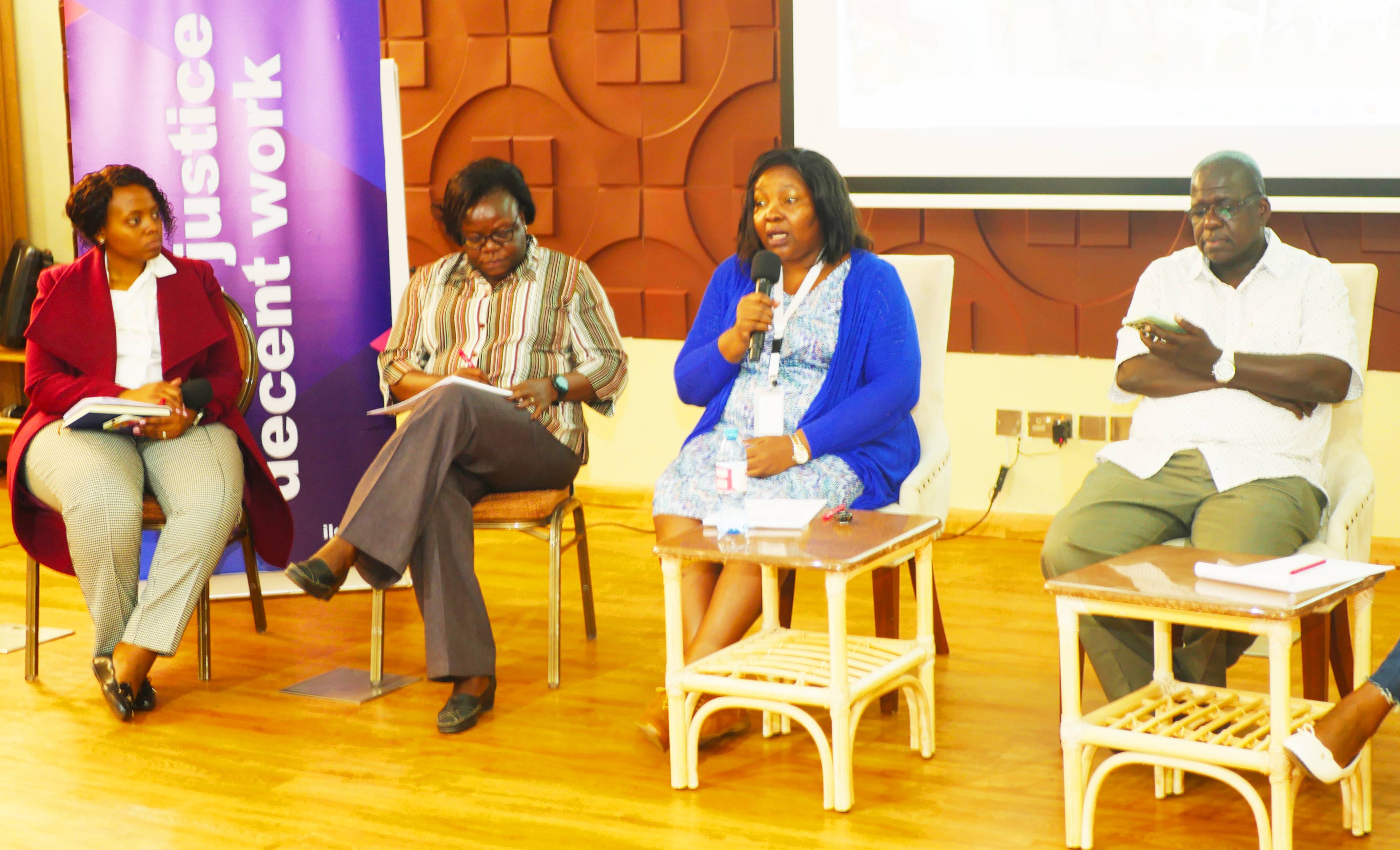In a groundbreaking exchange under the South-South and Triangular Cooperation framework, Kenya and Madagascar recently collaborated in a peer to peer knowledge exchange workshop designed to bolster horticultural value chains, enhance agricultural competitiveness, and promote job creation.
The event brought together key stakeholders, including government agencies, business leaders, and international partners such as the International Labour Organization (ILO) and the European Union (EU), to share insights and strategies aimed at advancing sustainable agricultural practices.
The summit, held in Nakuru County, Kenya, underscored the immense potential for collaboration between the two countries in agriculture, particularly in horticulture.
With a youthful population and fertile lands, both Kenya and Madagascar stand poised to integrate their agricultural products into global value chains effectively.
Strengthening Partnerships for Growth
Frederick Muya, ILO Country Director for Madagascar, Comoros, Mauritius, and Seychelles, emphasized the transformative nature of the partnership. “This exchange program between Kenya and Madagascar is pivotal,” Muya stated.
“We are here to learn how to promote the horticultural value chain from production to packaging and meeting EU standards. The ultimate goal is to create jobs, especially for the youth, in agriculture in both countries.”
Muya highlighted the shared challenges and opportunities both nations face. “Both countries are agricultural economies with vast opportunities for small and medium-sized enterprises (SMEs) and cooperatives to participate in global markets.
By learning from each other, we can make this process more effective and ensure decent work for all involved in the agricultural value chain,” he added.

